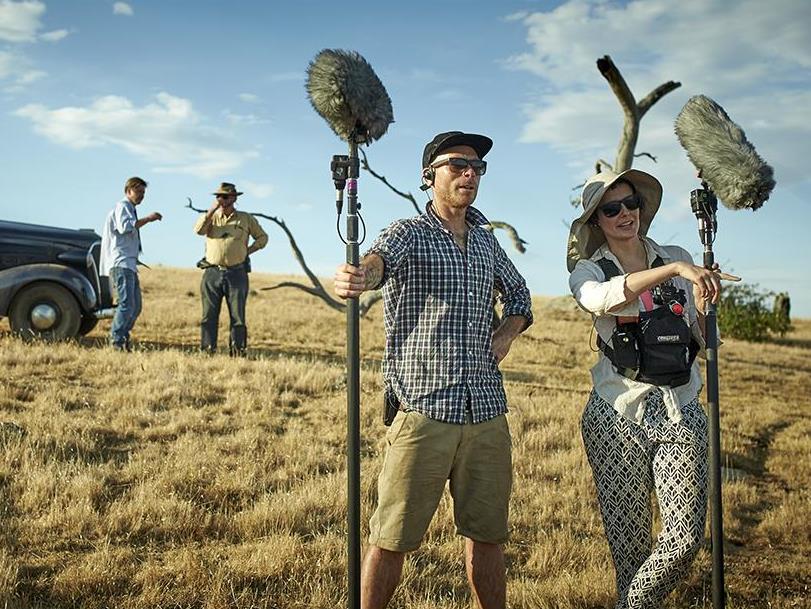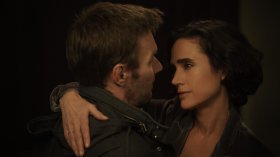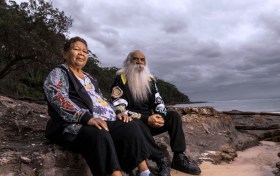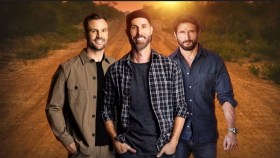Yes, the people who make films would rather like to be paid. Image: The Dressmaker via Film Victoria.
In an introduction to Sue Maslin’s session ‘Unstitching the Dressmaker’ at Screen Forever, Lori Flekser, Executive Director, Creative Content Australia showed box office numbers to give a sense of the film’s success. At the same time, she took the opportunity to show how tough the market is on Aussie films, and to emphasise that piracy continues to have a significant effect on producers’ bottom lines.
Released just over a year ago on October 29, 2015, The Dressmaker took more than $20 million at the Australian box office. Compare that to $14 million. That’s the gross receipts of 30 Australian films receiving a cinema release so far in 2016. Two films, Gods of Egypt and Hacksaw Ridge account for $5 million of that, and if you add in The Daughter and Sherpa, the only other two films to take more than $1 million, the top four films represent 57% of the combined Australian gross.
Ouch!
It hasn’t been a great year for Aussie films, and while these things come and go, the numbers are not pretty. With 500+ films released in 2016, Australian films represent 6% of total number released, but only 1% of box. The Dressmaker, which managed to stay in cinemas for 21 weeks, represented on its own 1.5% of the 2015 box office takings, with 1.5 million people seeing it.
The 30 released Australian films in 2016 break down to 40% drama, 30% documentary, and 10% comedy, and by ratings to 47% M, 33% MA, and 13% PG.
It’s also a tough time to be an indie distributor. The indies have put out 85% of the films released in 2016, but only received 25% of the box office, leaving the rest to the very successful major distributors and their (mainly) franchise films.
These numbers highlight just how much of a success The Dressmaker was. But other numbers paint a more frustrating picture. Flekser cited research from Screen Audience Research Australia (SARA) which suggests that around a third of pirated films would have been seen in the cinema if they were not available on the net. As an example, The Dressmaker had been removed from torrent sites over 142,000 times. Mad Max: Fury Road has been downloaded 36m times.
‘A lot of people think the problem of piracy is going away with the introduction of new services like Stan and Netflix,’ said Flekser. ‘In fact, what we’re seeing – and this is the research that Creative Content Australia did in August this year – is that 12-13-year-olds in the last two years have doubled their activity online, and in the 12-17-year-old age group, when you include illegal viewing on YouTube, piracy has risen from 21% in 2014 to 31% in 2016. This is a future generation of potential cinema-goers who are going to be accustomed to watching things for nothing. It really is a significant proportion of your audiences, and something that we need to take very seriously.’
‘I like to come to these occasions and speak to filmmakers because we really do believe that you guys are the forefront. You’re the soldiers who need to go out there,’ said Flekser. ‘This community needs to play an active role in raising awareness about the social, political, and economic contributions that creativity has, both on a local scale, but on an global stage as well. You need to help advocate for the policies and solutions that are going to take the profit out of piracy.’
It is a fight that continues to be worth fighting, despite the Hydra-like foe the industry faces.
——
Lori Flekser explained later that the Creative Content Australia research conducted in August has been analysed but not yet released.





